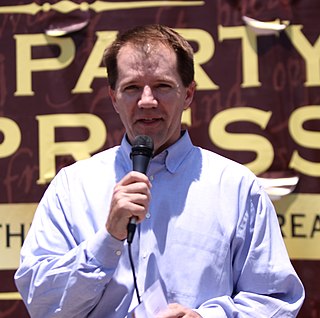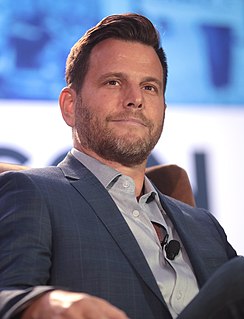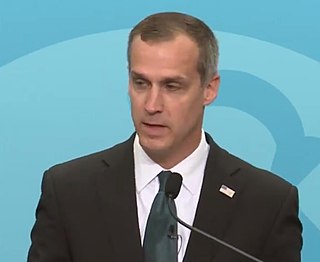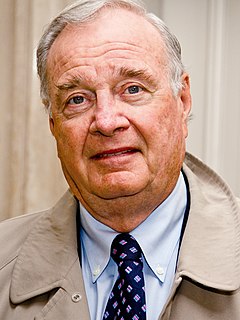A Quote by Ann Coulter
When conservative judges strike down laws, it's because of what's in the Constitution. When liberal judges strike down laws (or impose new laws), it's because of what's in the New York Times
Quote Topics
Related Quotes
If Americans loved judicial activism, liberals wouldn't be lying about what it is. Judicial activism means making up constitutional rights in order to strike down laws the justices don't like based on their personal preferences. It's not judicial activism to strike down laws because they violate the Constitution.
The Supreme Court's most conservative Justices have presented themselves as great respecters of precedent and opponents of 'judicial activism' - of judges using the Constitution to strike down laws passed by the elected branches of government. If they are true to those principles, they should uphold rent control.
The laws are, and ought to be, relative to the constitution, and not the constitution to the laws. A constitution is the organization of offices in a state, and determines what is to be the governing body, and what is the end of each community. But laws are not to be confounded with the principles of the constitution; they are the rules according to which the magistrates should administer the state, and proceed against offenders.
The Declaration of Independence...is not a legal prescription conferring powers upon the courts; and the Constitution's refusal to 'deny or disparage' other rights is far removed from affirming any one of them, and even farther removed from authorizing judges to identify what they might be, and to enforce the judges' list against laws duly enacted by the people.
The sovereignty of the States is the language of the Confederacy and not the language of the Constitution. The latter contains the emphatic words. This Constitution and the laws of the United States which shall be made in pursuance thereof and all treaties made or which shall be made under the authority of the United States, shall be the supreme law of the land and the judges in every State shall be bound thereby, anything in the constitution or laws of any State to the contrary notwithstanding
































